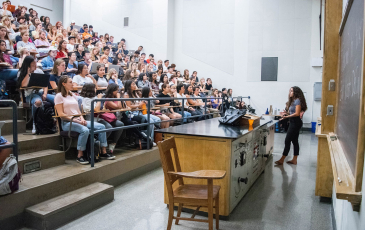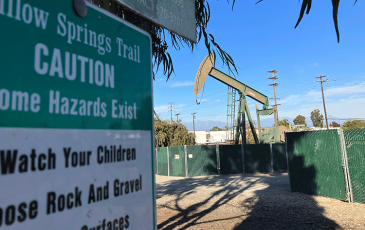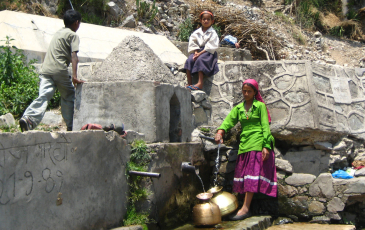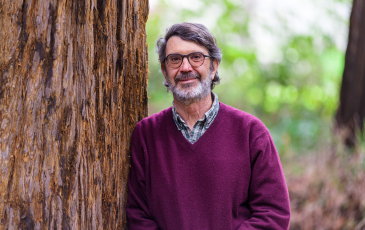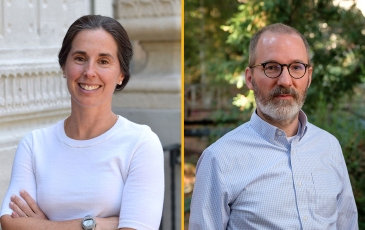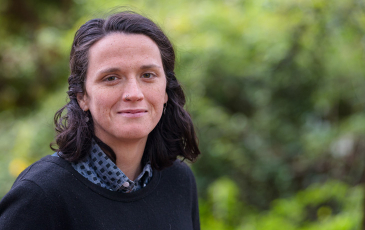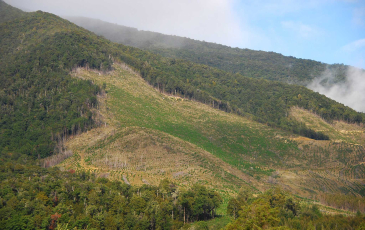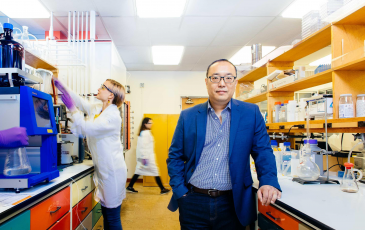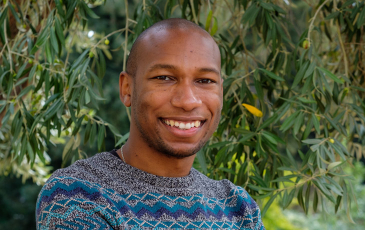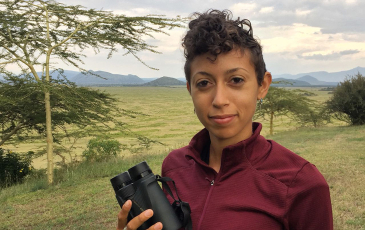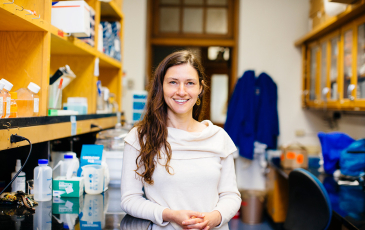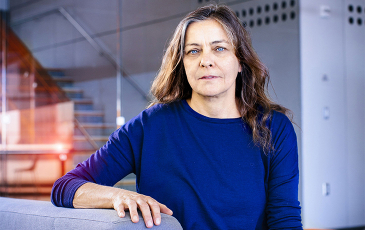Alum Sage Lenier, BS '20 Conservation and Resource Studies, is working to bring the solutions-oriented curriculum to global youth.
Student Spotlight: Tanmayi Patharkar
Last summer, the third-year microbial biology major documented the first instance of an Aegean wall lizard preying on a venomous centipede.
2023 Rausser College Photo Contest Winners
More than 80 images were submitted to Rausser College's 2023 photo contest! View this year's winning photos here.
Driving research opportunities
A newly-donated electric vehicle will be used for research and outreach by the Renewable and Appropriate Energy Lab.
Rare beetle, rediscovered after 55 years, named in honor of Jerry Brown
ESPM professor Kip Will documented a species of beetle not seen since 1966 while sampling for insects on the former governor's ranch.
Black, Latinx Californians face highest exposure to oil and gas wells
Postdoctoral researcher David González and professor Rachel Morello-Frosch are co-authors of a study assessing exposure to new, active, retired, and plugged wells in the state.
Advocating for women on World Water Day
New commentary co-authored by ERG professor Isha Ray highlights the importance of improving access and addressing gender inequities in global water delivery systems.
Introducing Rausser College’s Strategic Plan
In his state of the college address, Dean David Ackerly introduced the newly-released Rausser College Strategic Plan and discussed priorities for the years ahead.
Dennis Baldocchi honored by Wageningen University & Research
Baldocchi received an honorary doctorate for his contributions to biometeorology and leadership of the FLUXNET Network.
Creating the blueprint for a federal Office of Carbon Scoring
Meredith Fowlie and David Anthoff will help build the framework needed to establish the Office, which will analyze the potential impact of legislation on greenhouse gas emissions.
Kristin Dobbin appointed to SAFER Advisory Group
Dobbin will advise California water regulators on expanding access to clean drinking water for all communities.
Berkeley researchers present plan for freshwater conservation
As the 30x30 conservation initiative gains momentum around the world, Rausser College researchers call for a focus on rivers, lakes, and wetlands.
Will war in Ukraine escalate the global land rush?
Sustained price hikes and supply issues caused by the war may fuel a new wave of large-scale land acquisitions.
Dan Nomura receives grant from Mark Foundation for Cancer Research
The ASPIRE award will support Nomura’s continued research on targeting the “undruggable” in cancer.
Climate change, urbanization drive major declines in L.A.’s birds
In a study published today in Science Advances, ESPM researchers reveal how land use change has amplified—and in some cases mitigated—the impacts of climate change on bird populations in California.
ESPM grad student Kendall Calhoun named 2023 Smith Fellow
The fellowship will support Calhoun’s continued research on the impact of California’s megafires on wildlife.
In the rainforests of Borneo, people and wild pigs are fundamentally linked
The study explores the deep ties between people and pigs in Borneo, a connection the authors say underscores the importance of understanding our broader link to nature.
Christine Wilkinson receives Rising Black Scientist Award from Cell Press
The annual award provides funding and supports professional development to help break down barriers for Black scientists.
Erica Bree Rosenblum delivers TEDxBerkeley Talk on biodiversity
Rosenblum, a professor of global change biology in ESPM, shares ways we can feel more connected to our global ecosystem in this recording of her presentation.
Jill Banfield Wins the 2023 van Leeuwenhoek Medal
Banfield, a pioneering biogeochemist and geomicrobiologist, is the first woman to receive the prestigious award in its 125-year history.


